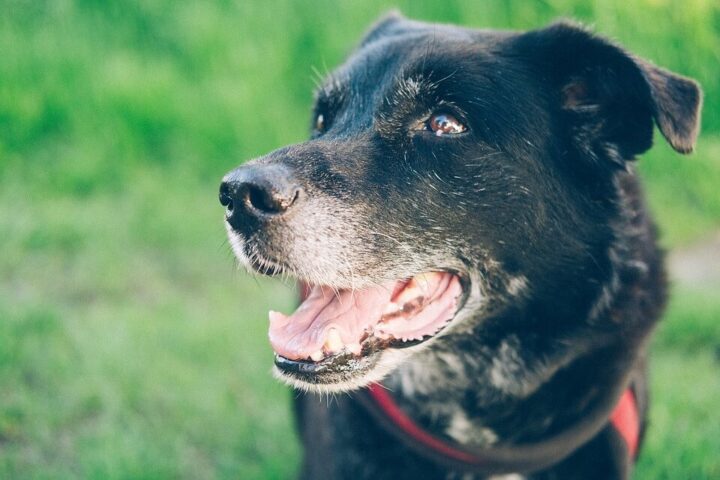Your pet can suffer from arthritis just the same as a human can and it’s not just a senior problem. Arthritis is caused by the loss of the smooth cartilage that covers the bones at the end of a joint. This cartilage usually helps joints move freely and comfortably but over time, the ends of the bones become exposed and rub together. Ligament injuries, hip dysplasia, congenital disorders, luxated patellas, intervertebral disc disease, and obesity are the some of the causes of arthritis.
Obesity is often a cause owners can overlook but is one of the easiest to fix. Giving your pet the correct food to help them lose weight might be all that is needed. There are many fantastic scientifically designed foods that do this, we have seen the results first hand with some of our patients.
Food you can try:-
Hills Science diet also offer a weight loss food that supports joints as well as weight control called Metabolic + J/D
Hills Science diet Metabolic for weight control
Royal Canin Weight Control – One of our nurses uses this for both of her dogs to get their weight under control & has kept them at a healthy weight for over two years now.
Royal Canin Satiety – A weight loss food designed to keep them feeling full for longer. This is perfect for the pet that is always hungry.
Other causes such as ligament injury or genetic problems can be supported with medication and/or supplements. To start your pet on any medication you first need to see a vet so your pet can have a full health assessment and your vet can make a pain relief plan suitable for your pet.
Treatments your pet could receive:-
Synovan injections – these are given once a week for 4 weeks in total. The patient is then reassessed and another course may be recommended at a further date. We have many pets that only come in once a year for a Synovan course, often in the cooler months.
Previcox tablets which is a NSAID (nonsteroidal anti-inflammatory drug) given once a day. It is designed just for dogs and acts fast to help relieve pain and inflammation.
Supplements are often given for mild arthritis or as an addition to medication. Some supplements your pet may try are:-
4Cyte with Epiitalis for joint & cartilage support. This is a granule added daily to your pet’s food so easy to use. We have had good feed back about this product and one of our nurses who has tried most of them felt she noticed the best results from 4Cyte.
Joint Guard powder for cats & dogs with glucosamine & chondroitin are also very popular with our clients.
Sashas Blend powder with green-lipped mussel, abalone powder & shark cartilage is another popular choice.
Omega-3 fish oil added to your pets food may help reduce inflammation and pain.
Some of these work well for one pet and not so effective for another so it can be trial and error until you find the right combination that works for your pet.
There are also foods designed to support the joints with added supplements:-
Hills Science Diet J/D for joint support has added glucosamine and chondroitin to help protect the cartilage from further deterioration.
Royal Canin Mobility for joint support has added turmeric extract, green tea polyphenols and hydrolysed collagen – One of our nurses uses this and has notice an improvement.
Signs your pet may have arthritis:-
Dogs
• Intermittent lameness.
• Reluctance to rise or move, not able or having trouble jumping on/off the couch/bed.
• Stiffness (especially after vigorous exercise or prolonged periods of rest; “bunny-hopping” gait)
• Swollen joints; may be warm and tender.
• Visible joint deformities.
• Painful joints (when touched/palpated or moved)
• You know your pet so just not being their usual happy self can be a sign
Cats
•Hesitant to jump down from your lap or from furniture
•Land in a heap when jumping down
•Reluctant to climb
•Reduced grooming leading to a poorly kept coat and matted fur
If you think your pet could be suffering from arthritis give us a call and book them in for a health check. Arthritis can be easily managed and no pet needs to suffer from it.


